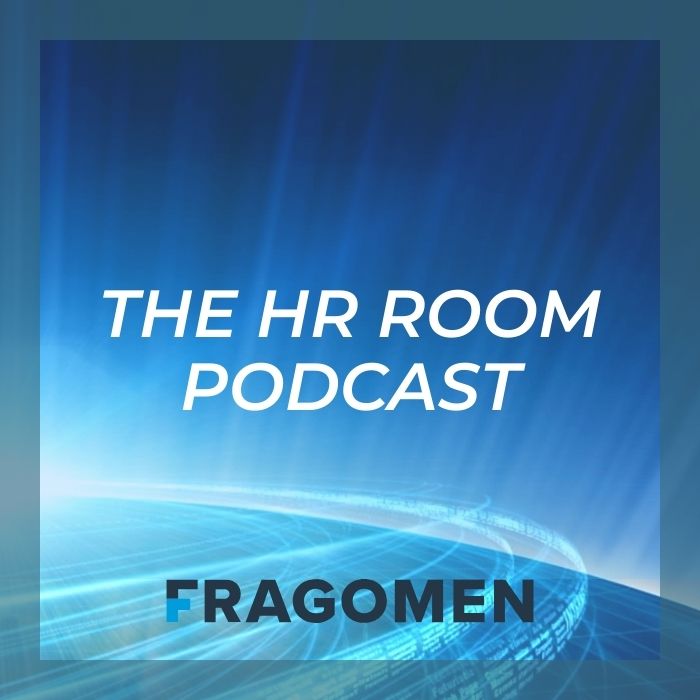The Way Forward? Projecting Immigration Policy under the Morrison Government
October 1, 2018
With last month’s leadership spill, Scott Morrison became Australia’s sixth Prime Minister in the last decade. The internal division, which forced Prime Minister Malcolm Turnbull to step down, was precipitated by various intraparty disputes, including his stance on the National Energy Guarantee (NEG) to reduce Australia’s carbon emissions. Following the shuffle, Prime Minister Morrison named previous Assistant Minister for Finance, David Coleman, as his new Minister for Immigration, Citizenship and Multicultural Affairs.
What can these changes be expected to mean for immigration policy and administration? Prime Minister Morrison previously served as Minister for Immigration and Border Protection from 2013 to 2014. During this time, he implemented Operation Sovereign Borders to address the issue of smuggling through a zero-tolerance posture against unlawful maritime arrivals. Despite his hard-line stance on border security, Prime Minister Morrison recognises the benefits of a robust migration program as a driver of productivity and economic growth.
At a recent press conference, Prime Minister Morrison acknowledged that while immigration forms a key part of national security, when managed correctly it ably supports an economic boom. He also reiterated that Australia needs to focus on immigration to bring in necessary skills and went on to call Australia ‘the most successful immigration country on earth.’ Both comments reveal a Prime Minister who seems more focused on the possible benefits of immigration than on policing borders. This is reflected in the combination of Immigration and Multiculturalism under Coleman’s purview, and removal of these functions from the law enforcement super-ministry of Home Affairs. However, Immigration is now no longer represented in Cabinet.
Learn more on this topic in a recent alert by Fragomen.
The new Minister for Immigration has declined to comment publicly since his appointment. Prior to entering politics, he worked as an analyst at McKinsey, and more recently, served as Director of Strategy and Digital at Nine Entertainment. Prime Minister Morrison has described Minister Coleman as possessing a ‘…keen understanding of the many … different issues that need to be managed to ensure that Australians who have come from so many different backgrounds get [a] fair go...’.
In the past Minister Coleman has also spoken positively about the ‘widespread support for immigration’ in his electorate of Banks, a marginal seat in the south-western suburbs of Sydney with a significant Chinese born population, and, in a second reading speech, proclaimed that ‘…immigration is in our economic self-interest in terms of skilled migration…’.
Based on their previous statements, we can expect that immigration policy under Prime Minister Morrison and Minister Coleman will focus on harnessing the economic benefits of immigration. However, other government priorities remain very much alive, including the impact of migration on cities like Sydney and Melbourne, addressing skills shortages in regional areas and attracting top international talent to support innovation and economic growth.
For example, The Australian recently reported that the Morrison government will consider a proposed visa that binds migrants to regional areas for five years in an effort to drive regional growth. The plan is to prioritise migrants who agree to settle in certain areas by fast-tracking their applications through a points system. The placement of the former Minister for Citizenship and Multicultural Affairs, Alan Tudge, in charge of new portfolio of Cities, Urban Infrastructure and Population may play a key role in this respect.
Other attempts maintained from the Turnbull Government include a trial Entrepreneurs Supporting Innovation in South Australia Visa, which would grant 30 visas in 2018 to young entrepreneurs with innovative ideas and a solid business plan. Another is the Global Talent Scheme, a niche pilot under the Temporary Skills Shortage (TSS) visa program to fill highly skilled positions otherwise ineligible under other visa programs.
Finally, the size of the migration program remains a particularly hot topic, especially in light of the infrastructure deficit in the largest cities. It may be that the creation of the Population portfolio is a way for Prime Minister Morrison to maintain the size of the migration program together with its economic benefit while addressing the concerns of other party factions about the sustainability of recent levels of migration.
As events of the past few weeks have shown us, things have a habit of changing quickly in Canberra. With a Federal election coming no later than May 2019 and the prospect of a change in government, the direction of immigration policy is likely to remain volatile for the foreseeable future.
Learn more about our Australia practice.














